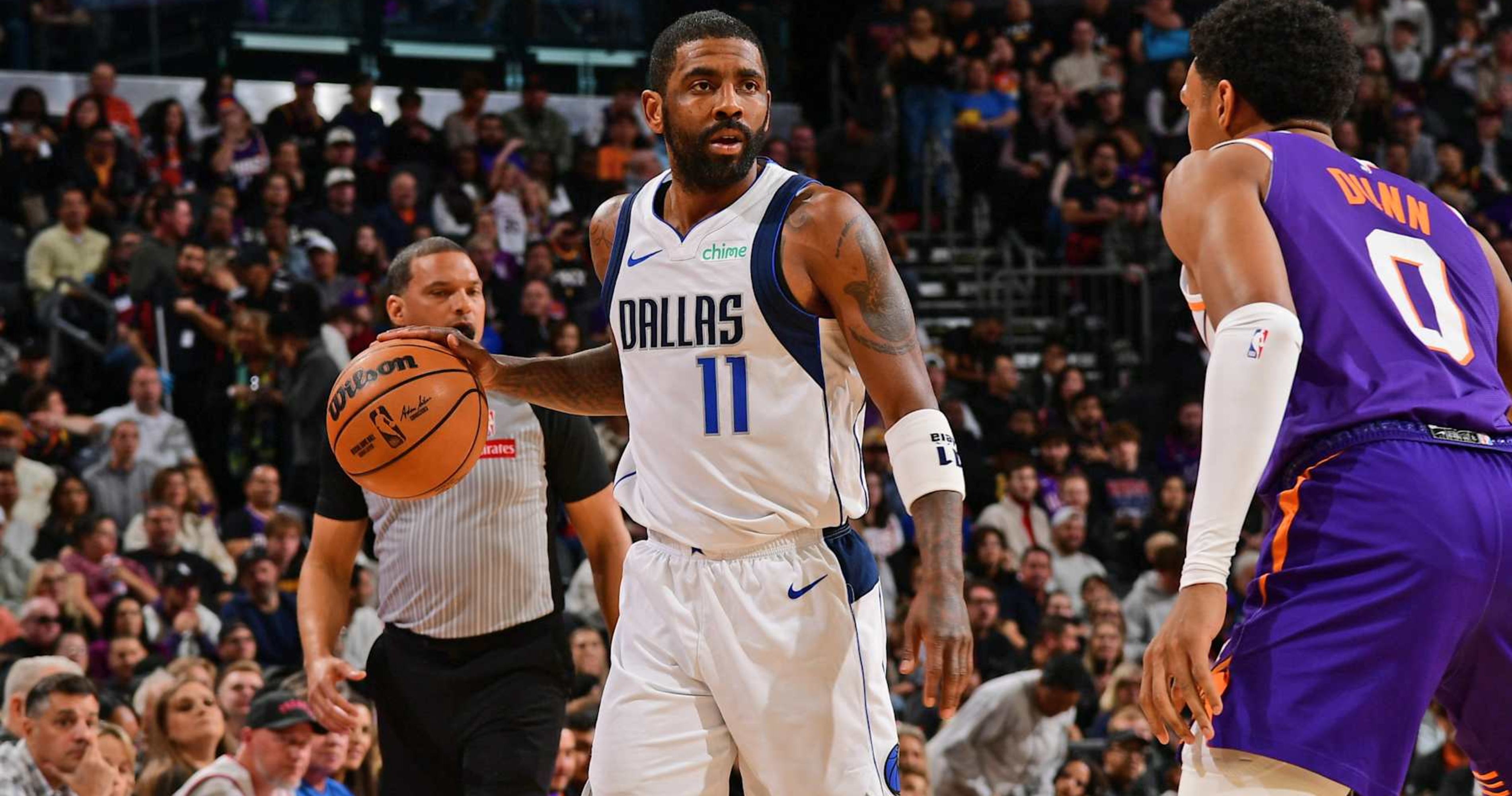Wharton MBA Jobs: Salaries Flat, Offers & Accepts Each Fall


Wharton MBAs graduating in 2024 faced major headwinds in finding jobs compared to their predecessors
Some years it’s easier than others. 2024 will be remembered as one of the difficult years for MBAs graduating from the top business schools, amid economic tribulations, a chaotic political environment, social upheaval, industry contraction in consulting and tech, and more. And that goes for even the elite of the elite, schools like Wharton at the University of Pennsylvania.
Wharton’s MBA employment report, among a flurry of late releases earlier this month, may be customarily light on details but it can’t hide the softness of the job market for MBAs this year — particularly because Wharton’s peer schools were slow to release their data this year, too, and the facts by now are known. Consulting and tech are not hiring. Hiring is happening in sectors that traditionally pay less. Observers who get paid to study these things expect a better year in 2025, but that’s no consolation for the Class of 2024.
Wharton’s Class of 2024 reports a flat median salary, the second straight year that’s happened at the M7 B-school, and falling placement rates: down 4 percentage points from the previous year in both job offers and acceptances.
WHARTON MBA CAREER OUTCOMES 2020-2024
| Industry | 2024% | 2024 Median Salary | 2023% | 2023 Median Salary | 2022% | 2022 Median Salary | 2021% | 2021 Median Salary | 2020% | 2020 Median Salary |
| ALL INDUSTRIES | 100% | $175,000 | 100% | $175,000 | 100% | $175,000 | 100% | $155,000 | 100% | $150,000 |
| Consulting | 25.2% | $190,000 | 28.8% | $190,000 | 24.3% | $175,000 | 27.2% | $165,000 | 24.5% | $165,000 |
| Consumer Products/Retail | 1.4% | $137,500 | 0.9% | $128,000 | 1.6% | $120,000 | 1.4% | $120,000 | 5.6% | $122,500/$140,000 |
| Energy | 1.8% | $165,000 | 1.3% | $160,000 | 1.0% | $150,000 | 0.9% | NA | 0.2% | N/A |
| Financial Services | 36.6% | $175,000 | 37.3% | $175,000 | 38.6% | $173,513 | 35.1% | $150,000 | 36.2% | $150,000 |
| Diversified Financial Services/Insurance | 2.1% | $145,000 | 1.1% | $175,000 | 1.8% | $162,000 | 2.1% | $125,000 | 1.4% | $125,000 |
| Hedge Funds | 1.1% | $200,000 | 0.9% | $212,500 | 2.0% | $175,000 | 1.9% | $150,000 | 3.2% | $150,000 |
| Investment Banking/Brokerage | 15.2% | $175,000 | 14.2% | $175,000 | 11.7% | $175,000 | 12.9% | $150,000 | 12.2% | $150,000 |
| Investment Management | 4.8% | $170,000 | 3.8% | $177,500 | 6.4% | $170,559 | 3.7% | $150,000 | 4.5% | $150,000 |
| Private Equity/Buyout Firms | 10.0% | $175,000 | 14.0% | $189,322 | 12.6% | $175,000 | 11.1% | $167,500 | 11.9% | $170,000 |
| Venture Capital | 3.4% | $200,000 | 3.3% | $180,000 | 4.1% | $150,000 | 3.4% | $157,500 | 3.1% | $171,500 |
| Healthcare | 5.0% | $163,000 | 5.4% | $157,500 | 5.6% | $160,000 | 5.3% | $131,000 | 6.7% | $140,000 |
| Manufacturing | 1.6% | $165,000 | 1.3% | $125,356 | 1.3% | $155,000 | 1.4% | $142,500 | 0.8% | N/A |
| Media & Entertainment | 3.0% | $140,000 | 1.3% | $157,500 | 1.3% | $150,000 | 1.6% | $150,000 | 1.3% | $150,000 |
| Real Estate | 2.0% | $150,000 | 2.2% | $150,000 | 2.3% | $147,500 | 2.1% | $130,000 | 2.9% | $120,000 |
| Social Impact | 2.7% | $120,000 | 1.4% | $133,500 | 1.3% | $135,000 | 1.2% | $130,000 | 1.8% | $89,250 |
| Technology | 14.1% | $162,750 | 13.5% | $162,750 | 16.9% | $153,500 | 18.6% | $141,000 | 16.2% | $139,345 |
| FinTech | 1.4% | $157,500 | 2.2% | $162,500 | 2.3% | $155,000 | 1.2% | $152,500 | 2.1% | $140,000 |
| Retail | 1.8% | $145,000 | NA | NA | NA | NA | NA | NA | NA | NA |
| Legal & Professional Services | 2.1% | $225,000 | 2.0% | $215,000 | 0.8% | NA | 0.9% | $190,000 | 1.8% | $190,000 |
| Future Mobility | 0.5% | – | 0.5% | NA | 0.2% | NA | 0.5% | NA | NA | NA |
Source: Wharton
BIG DROP IN NUMBER & PERCENTAGE OF JOB SEEKERS IN THE CLASS
Wharton does not report signing or other bonuses. It maintained a median salary of $175K of the whole Class of 2024 and in its top industry, finance, which accounts for 36.6% of the class — but within that industry, four of six sub-categories saw median salary declines from 2023, and a fifth, the biggest, Investment Banking/Brokerage (15.2% of the class), was flat at $175K. Meanwhile three other industries also saw declines: media/entertainment, social impact, and fintech. And while consulting maintained its $190K median, it lost ground as a percentage of the class, to 25.2% from 28.8%.
Wharton’s big problem wasn’t paydays for its students; like its peers (see the bottom of the page), it was finding jobs for them in the first place. Just three years ago the Class of 2021, having had to endure lockdowns and take a portion of their classes online during a worldwide health crisis, graduated into a job market that accepted them with open arms: 99% of that class had job offers 90 days after commencement, a school record. Three years later and their 2024 colleagues were down to 93.1% offers, and 88.2% acceptances.
Even more alarming from Wharton’s perspective must be the big drop in the number and percentage of students actually seeking employment in the 2024 class. From at least 2013 to 2023, no graduating Wharton class dropped below 73% engagement with the job market — but that changed this year (see below), as job seekers in the class declined to 69.2% from 75%, down to 634 from 688. That’s a drop of 7.8% — biggest in more than a decade.
When they are looking for work, Whartonites tend to stay in the Northeast. This year slightly fewer did so, 46.8% from 48.3% in 2023. The West drew 21.5% of the class, and the Mid-Atlantic 12%. The highest-paying jobs were in the Southwest (Dallas, Phoenix) at $192K.
WHARTON CLASS SIZE & JOB SEEKERS 2013-2024
| Class | Class Size | # Seeking Employment | % Seeking Employment |
| 2013 | 800 | 590 | 73.7% |
| 2014 | 815 | 610 | 74.8% |
| 2015 | 826 | 624 | 75.5% |
| 2016 | 850 | 639 | 75.2% |
| 2017 | 819 | 648 | 79.1% |
| 2018 | 813 | 633 | 77.9% |
| 2019 | 863 | 664 | 76.9% |
| 2020 | 904 | 681 | 75.3% |
| 2021 | 754 | 585 | 77.6% |
| 2022 | 852 | 633 | 74.3% |
| 2023 | 917 | 688 | 75.0% |
| 2024 | 916 | 634 | 69.2% |
Source: Wharton
BREAK – OTHER SCHOOLS SECTION
The flood of late-year employment reports is a good indicator of the tenor of what those reports contain: fairly consistent struggles in placement and pay:
Harvard Business School: Job offers three months after graduation dropped to 85% and job acceptances fell to 77%, lowest in many years, overshadowing otherwise good news in the rise of total median compensation, which was up thanks to a big jump in what was formerly known as performance bonus and now is known as variable bonus, from $40K to $47,500. With the class median salary flat at $175K and median signing bonus flat at $30K, the jump in variable bonus pushed Harvard’s median pay to $221,800 from $220,100.
Stanford Graduate School of Business: Average base salary shrank by 1% to $187,504, average signing bonus dropped by nearly 20% to $33,967, and total compensation was down 3.2%, to $268,490. Job offers at three months dropped to 88% from 89% last year. Acceptances fell from 82% in 2023 to 80% this year.
Chicago Booth: Booth’s latest class of 521 MBAs seeking employment reported a median salary of $175K, down $5K from the 527 in the Class of 2023, and a median signing bonus of $31K, down from $33K. These declines drove the new class’s total compensation down to $197,010 from $203,430, a setback of 3.2%. Job offers at three months were down for Boothies for a second straight year — though much more dramatically than last year, to 86.8% from 95.6%; while job acceptances fell more than 10 percentage points, to 84.1% from 94.3%.
Northwestern Kellogg: Median salary for Kellogg grads is down $5K, to $170,000, and median overall compensation is down 1.7%, to $197,000. Meanwhile both offers and acceptances for Kellogg MBAs at three months post-graduation were down by 5 percentage points compared to 2023, to 90% and 87%, respectively.
Columbia Business School: The one B-school where offers and accepts at three months increased — offers to 89% from 84% in 2023, and accepts to 86.4% from 81%. But while Columbia MBAs maintained the median base salary of $175,000 that their two predecessor classes reported, and they also reached a median signing bonus of at least $30,000 for a seventh straight year, median other guaranteed compensation dropped to its lowest level since 2013, and that clipped Columbia’s compensation wings a bit. For the second straight year, the school lost ground in total median comp, falling 1.4% to $198,996. Since 2022, total median comp at CBS has dropped just over 2%.
MIT Sloan School of Management: Offers dropped to 85.1%, and accepts fell nearly 10 more points to 77.2% 2024 walloped this year’s graduates in pay, dropping median salary and the numbers of students reporting both signing and other bonuses, which in turn dropped median pay. MIT’s 2024 Class achieved a total median pay of $214,450, which is -1.5% from 2023. In average salaries and compensation, the numbers were even more stark: mean signing bonus was down to $35,900 from $38,989, mean other comp was down to $88,870 from $111,764, and total pay was $247,661, down 8% from $269,227.
Dartmouth Tuck School of Business: While the class median salary and bonus were flat for a third straight year, at $175K and $30K, respectively, MBAs receiving a bonus grew to 84% from 83% — increasing the total compensation from $199,900 last year to $200,200 this year. Ninety-one percent of the Class of 2024 received offers after 90 days, and 89% accepted, only the second time in 11 years that Tuck grads have failed to reach 95% job offers.
NYU Stern School of Business: Stern Class of 2024 MBAs report an average salary of $166,148, down 1.2% from their predecessors, and an average signing bonus of $37,028, down 4.5%. Total compensation dropped 1.4% to $199,473. Offers at graduation were down nearly 5 percentage points to 80.6%, while offers by three months after graduation (86.1%) were down more than 8 points.
Virginia Darden School of Business: Darden MBAs reported an average base salary of $163,710, down 2.5% from the average reported by their colleagues in the Class of 2023. The school’s average signing bonus also fell this year, by nearly 8%, to $34,562. Class of 2024 job offers at graduation plummeted by nearly 6 percentage points, to 86.5% of the class; acceptances at graduation dropped more than 6 points, to 83.4%. Offers by three months post-grad were down from 95.4% to 92.9%, and acceptances at 90 days were down from 94.2% to 90.1%.
Michigan Ross School of Business: Median starting salaries for Ross MBAs fell by $5,000 to $170,000, and median overall pay for graduates dropped as well, to $195,800, a decline of 3.1%. Just 77.5% of Ross’s latest class reported receiving offers by graduation this spring, down from 90.5% a year earlier. After three months, the overall class offer number had climbed to 84.6%, after six months, more than 90% of Ross MBAs had job offers.
UC-Berkeley Haas: Average base salary for Haas Class of 2024 MBAs was $159,412, down from $162,831 for their predecessors, while the average signing bonus dropped to $34,740 from $36,777. Average total compensation dropped by 2.1% to $184,425 from $188,354. About 86% of the 207 graduates seeking post-graduation employment received offers within three months of graduation, down from 90%, with 84% accepting offers within that window, down from 89%.
Duke Fuqua: Duke MBAs maintained their median salary of $175K and median signing bonus of $30K. Because a larger percentage (87%) of the 340 grads reported receiving a bonus this year, Fuqua actually saw a small increase in its MBAs’ total compensation, to $201,100 from $198,400 last year. But in placement rates Duke took big hits: From 93% of Fuqua MBAs receiving an offer by 90 days post-graduation in 2023 and 92% accepting, to 85% offers and 82% accepts.
DON’T MISS THE 2023 JOB MARKET IS UNKIND TO ANOTHER ELITE B-SCHOOL: WHARTON and ANOTHER M7 SCHOOL REPORTS MBA SALARIES & PAY SLIPPING: KELLOGG
Related
Big Lots reaches deal to keep hundreds of stores open,…
Big Lots said Friday that it has agreed with Gordon Brothers Retail Partners to sell its stores, distribution centers and intellectual property to
Vancouver’s Bench Accounting abruptly shuts down, with 600 potential jobs…
Vancouver-based bookkeeping service Bench Accounting has announced its sudden closure, potentially putting hundreds of staff out of work.The company that has de
Rockford’s unemployment rates decrease, total jobs increase in November
ROCKFORD, Ill. (WIFR) - 7 of 14 metro areas in Illinois saw jobs increase in November, according to the U.S. Bureau of Labor Statistics and the Illinois Departm












